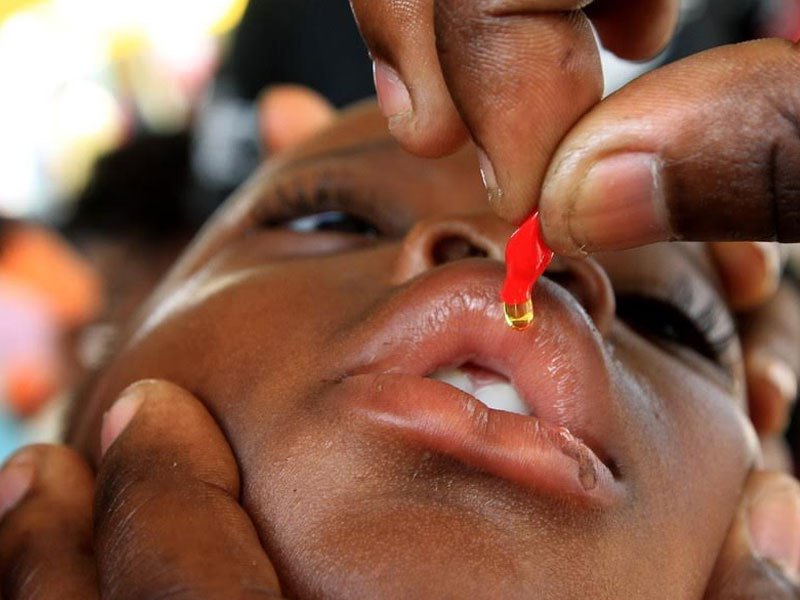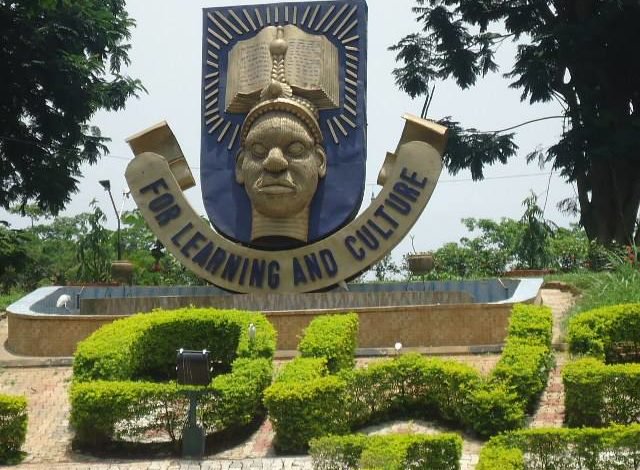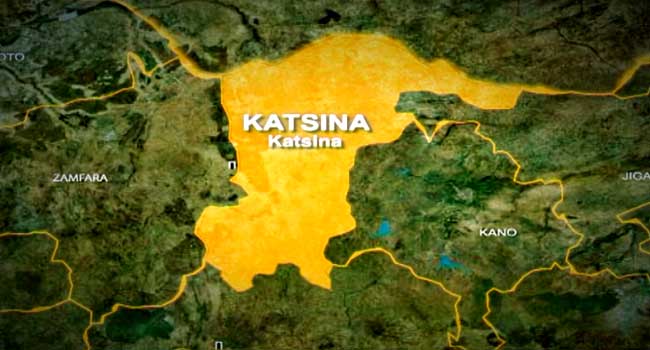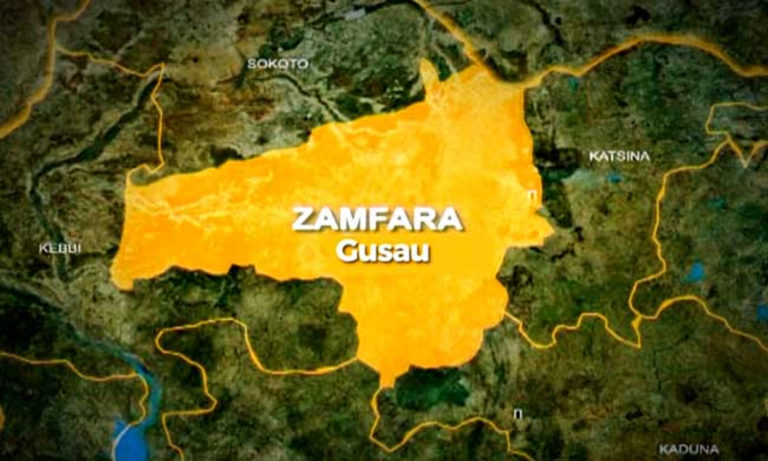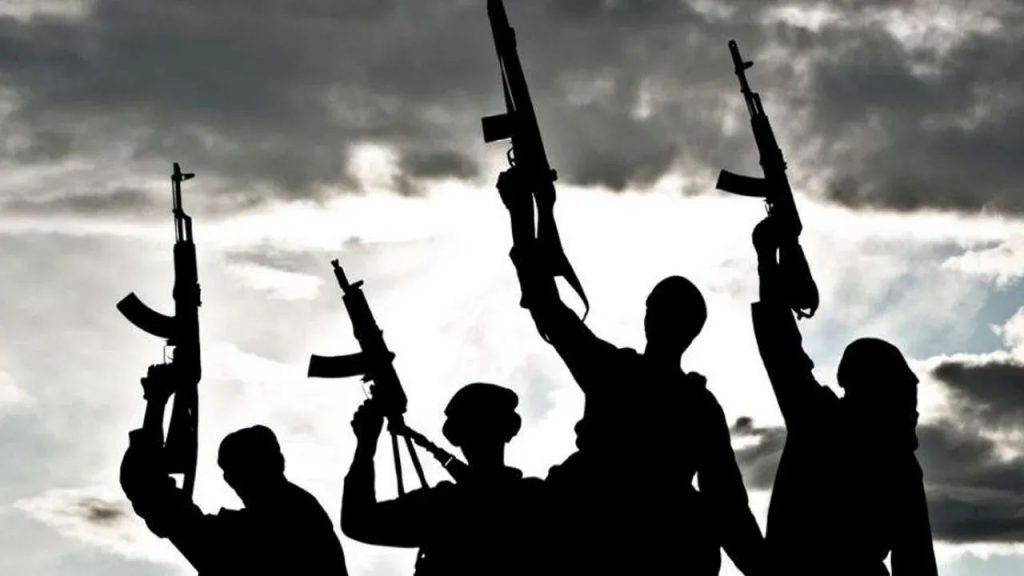The world celebrated another World Polio Day on Wednesday 24th of October, 2018 with the theme, ‘End Polio Now’. The purpose is to create awareness towards eradication of polio, as well as to commemorate the efforts of thousands of employees, international partners, donors, stakeholders, volunteers and many others.
Other important actors are the Global Polio Eradication Initiative, which is committed to the eradication of Poliomyelitis.
Children require parents and caregivers to demand on their behalf, effective vaccines given free of charge through routine and supplemental means. This is a fundamental basic right of all children.
The National Primary Health Care Development Agency (NPHCDA) says it would intensify efforts in routine immunization to prevent polio in the country.
The existence of the Polio virus anywhere is a threat everywhere. We must build strong public health institutes across the world, contributing to global health security.
Polio In Nigeria
Nigeria is one of the three countries in the world with ongoing wild poliovirus transmission, alongside Afghanistan and Pakistan. The country is also affected by circulating vaccine-derived poliovirus type 2 (cVDPV2) outbreaks.
The Global Polio Eradication Initiative (GPEI) is focused on strengthening surveillance to find and respond to the virus, wherever it emerges, and closing immunity gaps to protect the population and stop the virus from circulating.
The programme is also committed to advocating sustained political commitment and ensuring necessary financial resources and technical support for polio eradication at all levels.
Nigeria has enlisted the help of religious leaders and clerics to support the polio eradication efforts and encourage community men where there are cultural and religious limitations to allow accessibility of immunization and basic healthcare for their wives and children.
In times past, health workers on routine immunization were attacked on allegations that they were injecting the children with drugs that will affect their fertility, thereby preventing them from giving birth and reduce overpopulation, a spurious allegation that had nevertheless claimed some lives before it was curtailed.
Stopping polio in Nigeria
Following the detection of wild polio virus in northern Nigeria in 2016 for the first time in two years, Nigeria and neighbouring countries in the Lake Chad Basin (Cameroon, the Central African Republic, Chad and Niger) have held multiple vaccination campaigns to raise population immunity and prevent the spread of the virus.
Activities in the area continue to focus on reaching every child with vaccines, especially in identifying and vaccinating missed children and closing immunity gaps in populations that have previously been inaccessible.
These countries are also working to increase surveillance efforts.
A range of innovative strategies are being used to reach children in high-risk areas, including opportunistic campaigns that are run whenever security permits, market vaccination, cross-border points and outreach to nomads.
International Health Regulations
Nigeria is classified by the International Health Regulations (IHR) as a state infected with WPV1, cVDPV1 or cVDPV3 with potential risk of international spread, and as a state infected with cVDPV2 with potential risk of international spread. It is therefore subject to temporary recommendations as of August 2018.
Therefore, the population is no longer polio virus-infected, but at high risk of outbreaks
World Health Organization (WHO) and International Travel and Health recommend that all travelers to polio-affected areas be fully vaccinated against polio.
Residents (and visitors for more than 4 weeks) from infected areas should receive an additional dose of OPV or inactivated polio vaccine (IPV) within 4 weeks to 12 months of arrival.
In Osun, the day was marked in a big way. As early as Wednesday morning 24th of October, members of the Rotary Club International have rolled out the carpet in a sensitization march round the major streets in the state capital, Osogbo.

